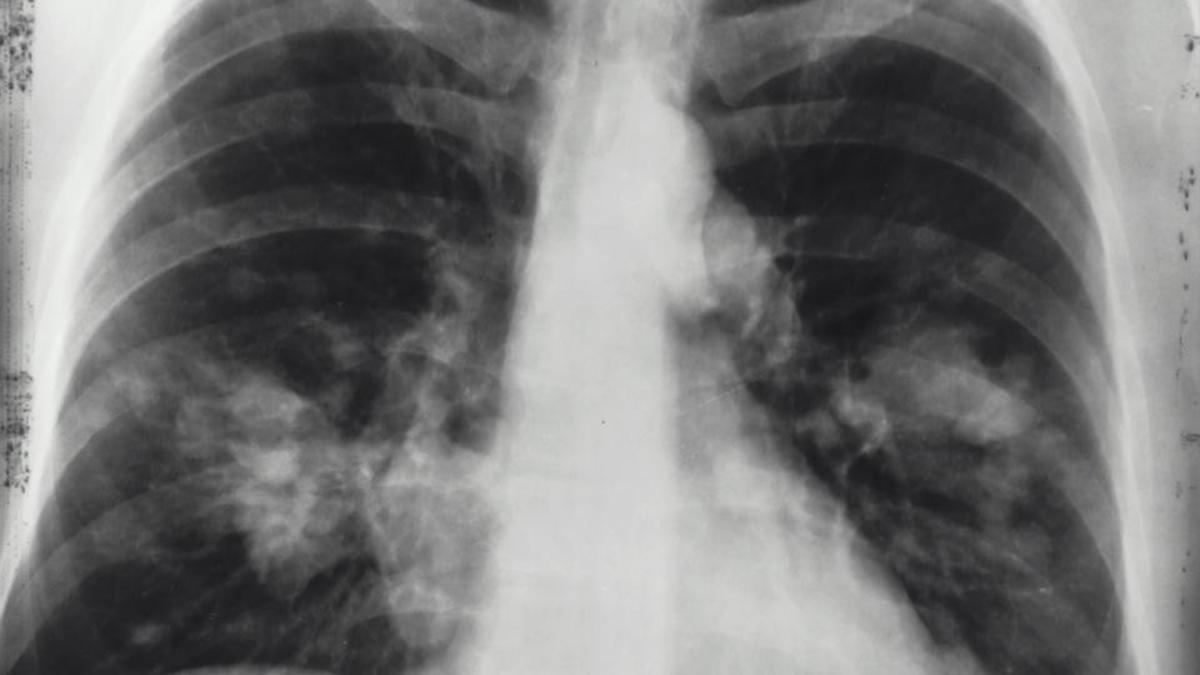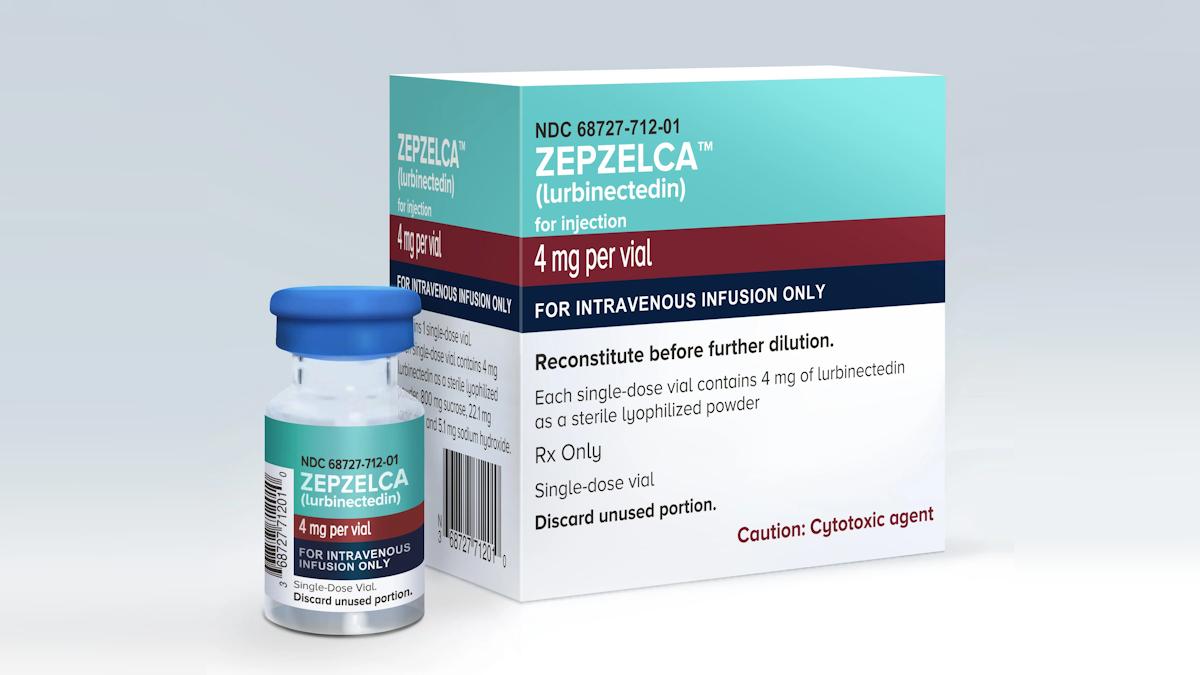CRUK scientists find new tool to test lung cancer therapies

Researchers in the UK have developed a lung cancer cell line that they believe could be an important new tool for the discovery of new therapies for the disease.
The team from Cancer Research UK's Manchester Institute says it has created a new in vitro model of lung squamous cell carcinoma (LUSC) – which accounts for almost a third of all non-small cell lung cancer (NSCLC) cases – that can be used to study its "development, activity, and vulnerabilities."
That includes the potential to improve early detection of LUSC, as the model accurately reproduces the early stages of the disease, and to discover and develop more effective treatments, according to the scientists, who have published a paper on the cell line in the journal Nature Communications.
The model was genetically engineered using epithelial cells taken from the lungs of three healthy human donors, which were modified using gene-editing technologies like CRISPR to activate various genetic pathways thought to be essential to the development and progression of LUSC.
The step-by-step process enabled the researchers to unravel the mutations needed to turn healthy cells into cancer cells through "detailed functional dissection" of the processes involved, which was replicable across all three donors.
They found that three key pathways – SD, PI3K/Akt and OSR – were required for the cells to become malignant, and the work also provided some clues as to why some experimental therapies for LUSC, including glutaminase inhibitors, have generated disappointing results in clinical testing.
Importantly, the techniques deployed to make the model could be applied to other forms of cancer, providing further tools for translational cancer research. A model for colorectal cancer is currently being studied in the same way, but this is the first time researchers have created a comprehensive model for LUSC, according to the researchers.
LUSC can be differentiated from lung adenocarcinoma (LUAD) – which accounts for around 50% of NSCLC cases – and is seen almost exclusively in smokers. The complex disease is also associated with poor prognosis, as tumours tend to be resistant to treatment with targeted treatments, so there is a pressing need for new treatment options.
"Patients with lung cancer have poor survival outcomes, and those treated successfully sometimes face long-term side effects," commented CRUK's executive director of Research and Innovation, Dr Iain Foulkes.
"Identifying the driving force behind the formation of [LUSC] is a key step to improving survival. Research like this opens the door to better visualise the efficacy of drug treatments on cancer cells."
Photo by National Cancer Institute on Unsplash












